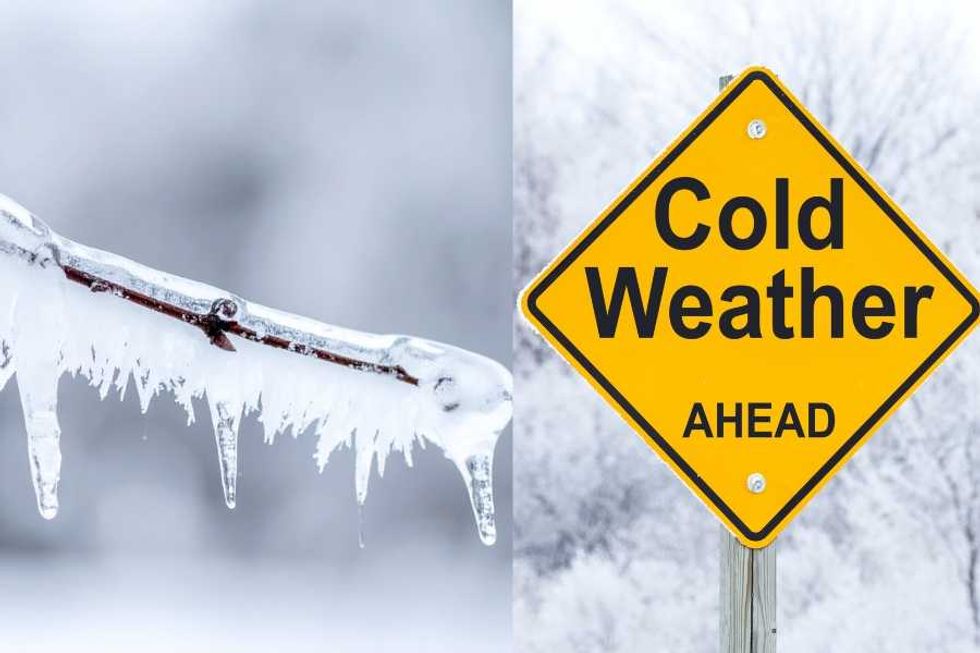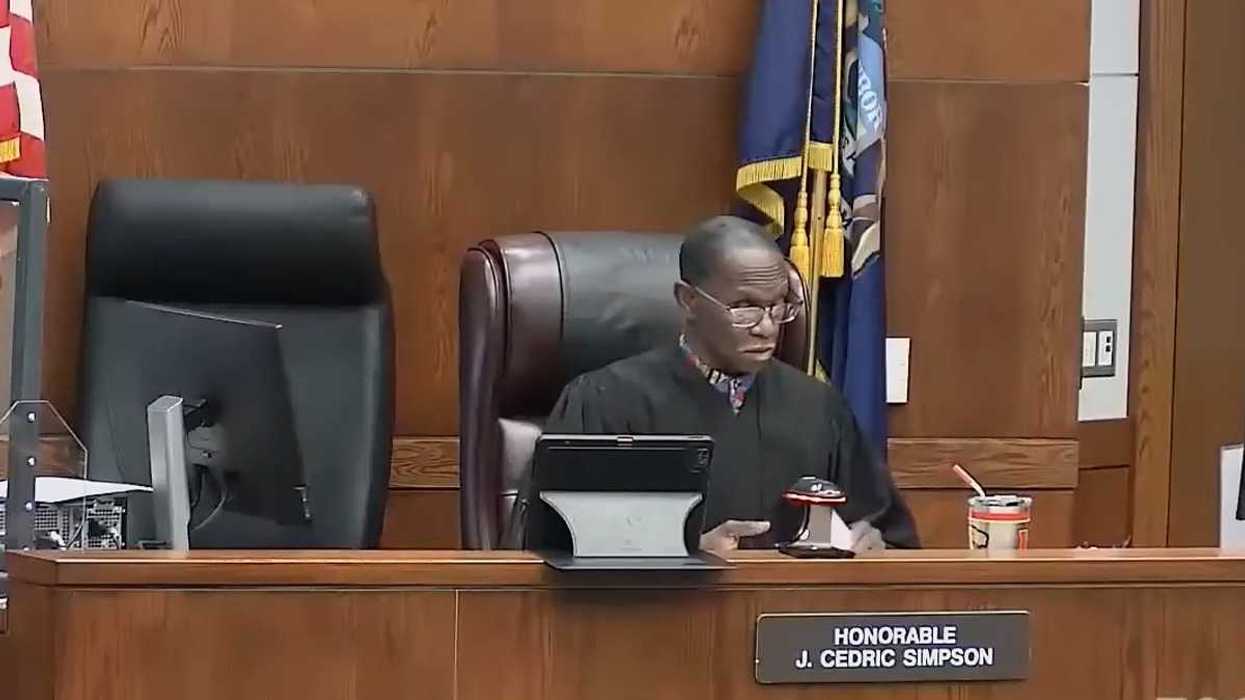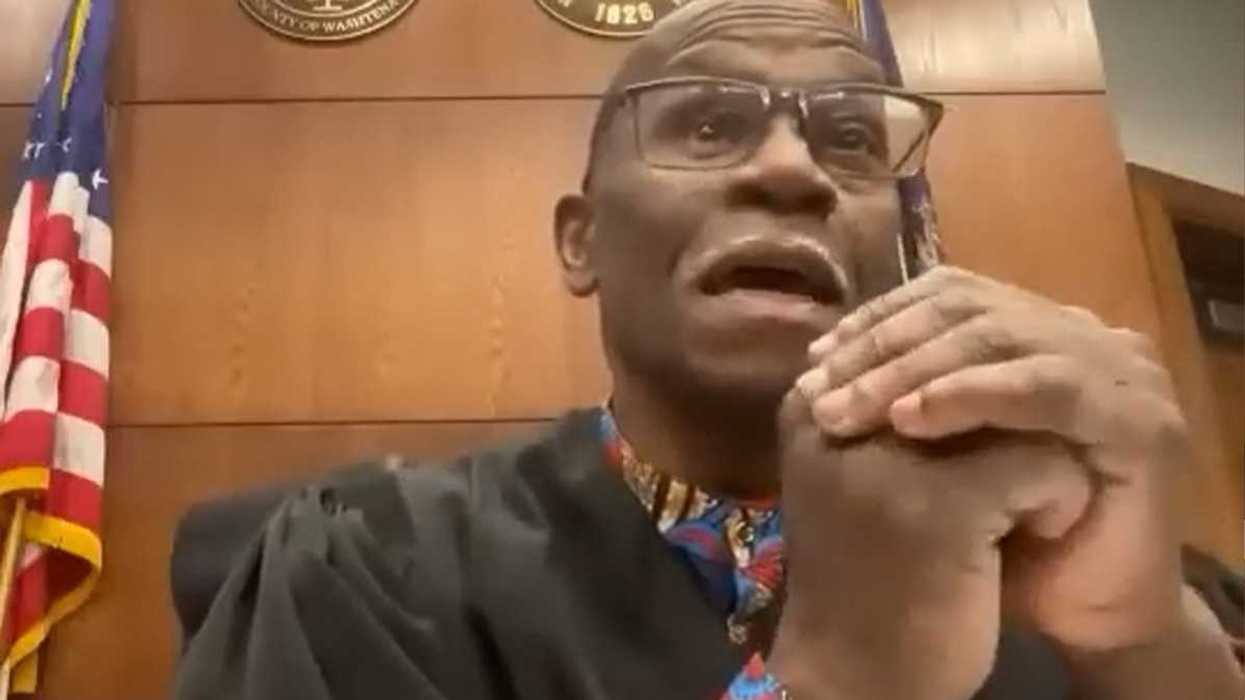A majority of Americans—including over half of Republican respondents—support a monthly $2,000 universal basic income check to help defray the effects of the ongoing coronavirus outbreak on the U.S. economy, according to new polling from Data for Progress and the Justice Collaborative Institute.
A wealth tax proved most popular among all respondents in a follow-up question presenting options for paying for the universal basic income (UBI) policy.
"UBI and taxing the rich: two ideas whose time has come," tweeted historian Rutger Bregman.
According to The Appeal reporting on the results:
Our polling found that 68% of the public prefers receiving a pre-loaded debit card to a deduction on next year's income tax. This includes a majority of both Democrats (73%) and Republicans (65%).
[...]
Imposing a wealth tax (42%) was supported the most from the public, followed by adding to the deficit (35%) and then by using new currency (24%). Republicans preferred adding the deficit the most (42%) and Democrats preferred the wealth tax the most (50%).
Rep. Rashida Tlaib (D-Mich.), who has been at the forefront of efforts to provide UBI to everyone in the U.S. during the pandemic, said on Twitter that the polling reflects a changing national mood on the benefit.
"A majority of Americans know what I've been saying from the start of this: one-time payments to a portion of the population simply aren't enough to get us through this crisis," tweeted Tlaib.
Tlaib introduced with Rep. Pramila Jayapal (D-Wash.) the Automatic BOOST to Communities (ABC) Act on Thursday.
The bill would provide "a $2,000 payment using BOOST debit cards to every person in America as critical relief during the COVID-19 crisis, followed by $1,000 recurring monthly payments for one year after the end of the crisis to help our country and families recover."
"The ABC Act provides immediate relief to those in need—regardless of their immigration status—and ensures that relief lasts the duration of the pandemic," Jayapal said in a statement. "We're in an unprecedented public health and economic crisis and the American people desperately need Congress to take this bold action."
This article originally appeared on Common Dreams. You can read it here.
















 Winter weather.
Winter weather. 
 Honorable J. Cedric Simpson at work in the courtroom.Image from
Honorable J. Cedric Simpson at work in the courtroom.Image from  A close up of Judge Simpson.Image from
A close up of Judge Simpson.Image from 
 Siblings engaging in a pillow fightCanva
Siblings engaging in a pillow fightCanva


 Revenge can feel easier than forgiveness, which often brings sadness or anxiety.
Revenge can feel easier than forgiveness, which often brings sadness or anxiety. 
 In the past two years, two malaria vaccines have become available for babies starting at 5 months of age.
In the past two years, two malaria vaccines have become available for babies starting at 5 months of age. By exploiting vulnerabilities in the malaria parasite’s defense system, researchers hope to develop a treatment that blocks the parasite from entering cells.
By exploiting vulnerabilities in the malaria parasite’s defense system, researchers hope to develop a treatment that blocks the parasite from entering cells. Created with
Created with 
 Created with
Created with  Where to turn off autoplay in your account on Facebook’s website.Screen capture by The Conversation,
Where to turn off autoplay in your account on Facebook’s website.Screen capture by The Conversation,